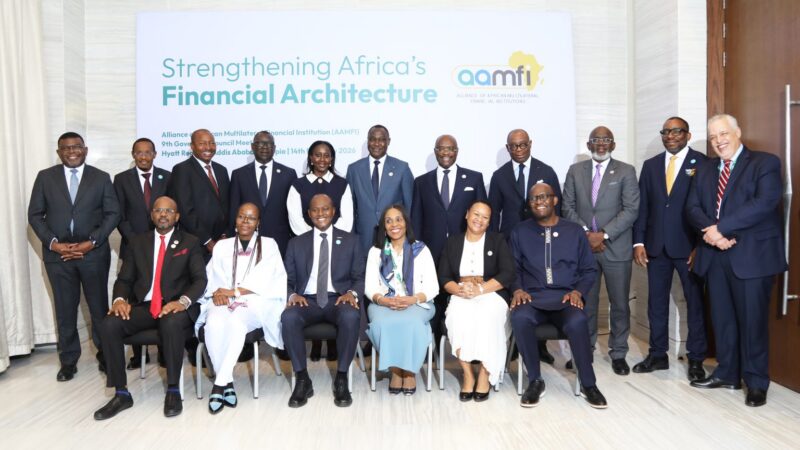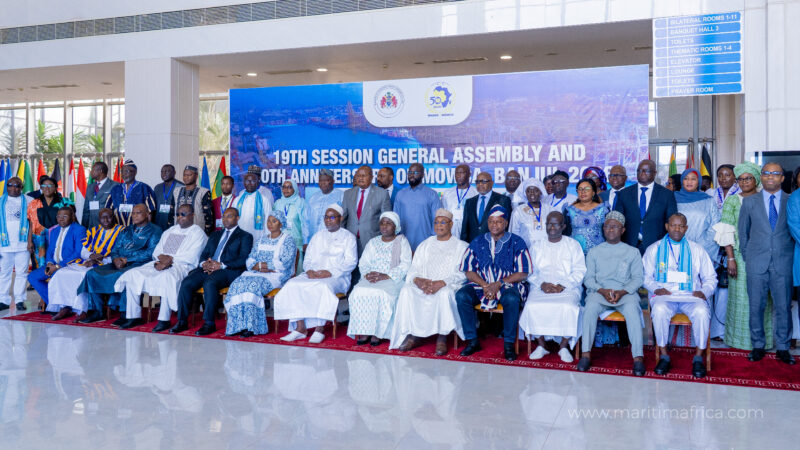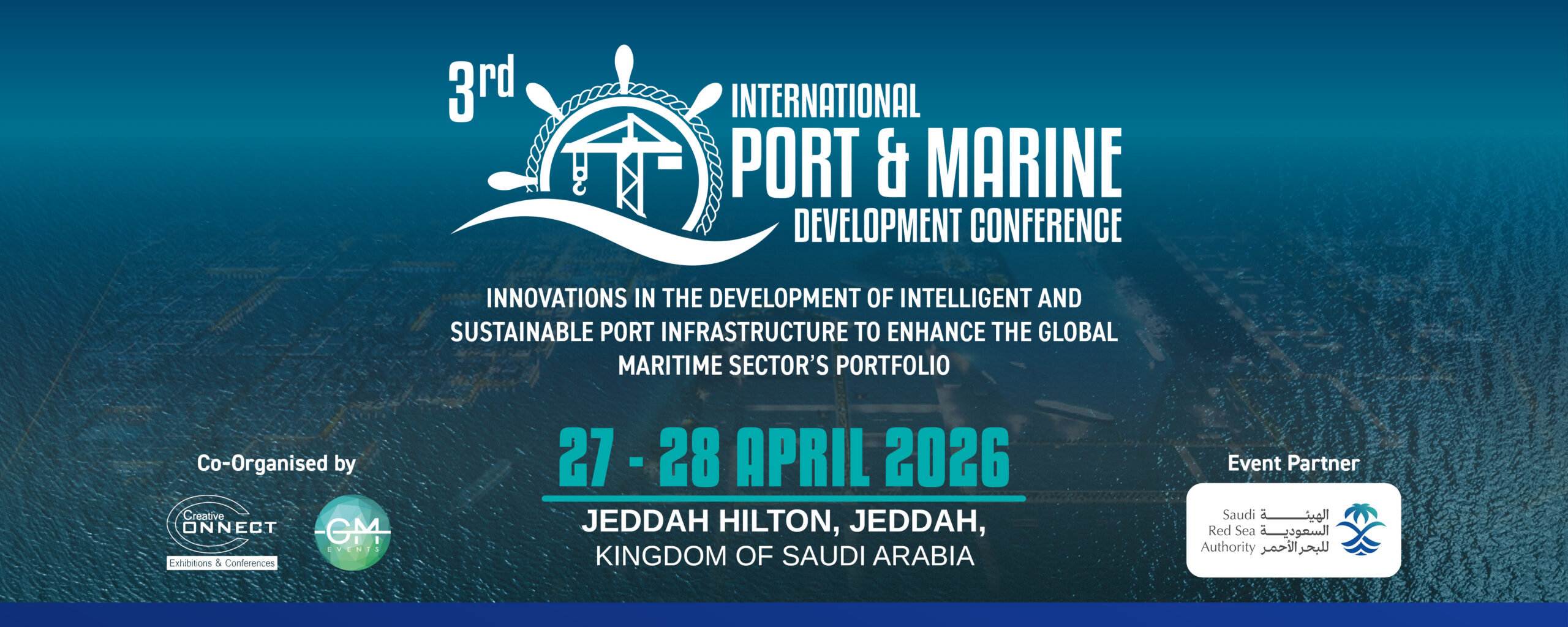Maritime security: Nigeria and Camões I.P. sign a memorandum of understanding
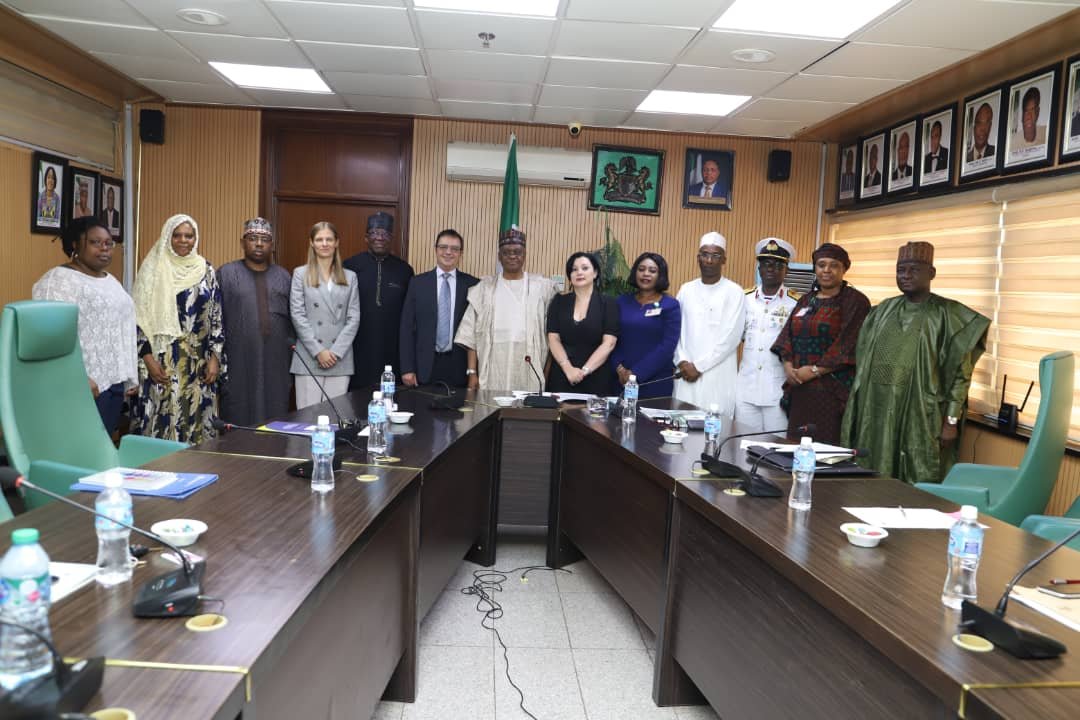
On Tuesday 23rd August 2022, the Federal Republic of Nigeria represented by Ambassador Zubairu Dada, Minister of State for Foreign Affairs, and Camões I.P. represented by Ambassador João Ribeiro de Almeida and President of Camões I.P., signed a Memorandum of Understanding within the framework of the implementation of the SWAIMS programme of the European Union and the Economic Community of West African States (ECOWAS).
The event took place at the Ministry of Foreign Affairs in Abuja and by video conference from the headquarters of Camões I.P. in Lisbon.
Support to West Africa Integrated Maritime Security (SWAIMS) which started in 2019 with €28 million aims to support the implementation of the ECOWAS Integrated Maritime Strategy and improve maritime security and safety in the Gulf of Guinea.
According to Ambassador Zubairu Dada, Minister of State for Foreign Affairs, “Maritime insecurity is a major challenge threatening the Blue Economy in the West African subregion and also impeding the maximisation of West Africa’s strategic littoral potential as well as causing instability in the Gulf Of Guinea.”
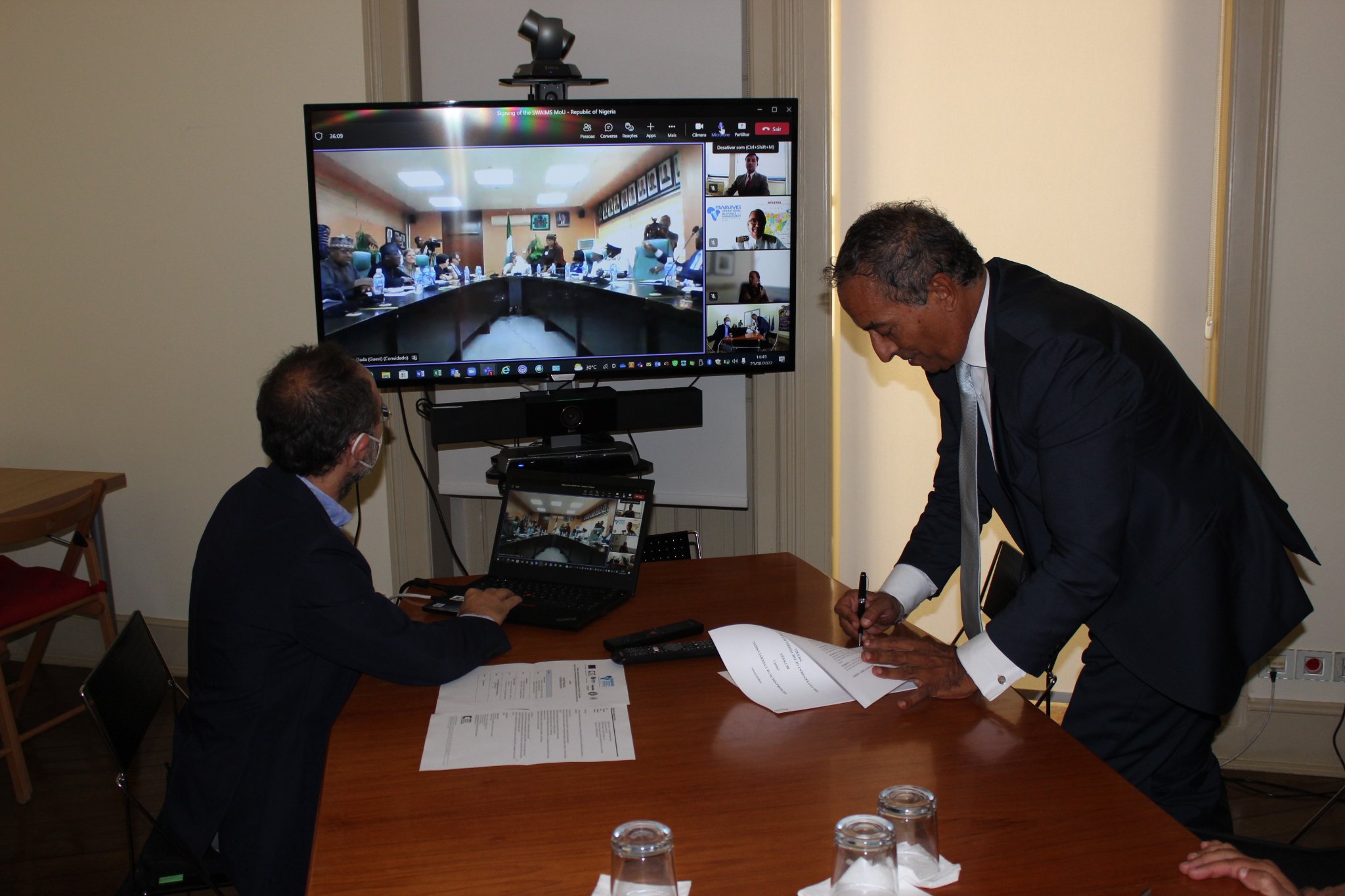
Camões I.P. has been contracted by the European Union to manage and implement, together with the Directorate General for National Defence Policy and the Portuguese Navy, one of the components of this programme whose objective is to strengthen the “Operational response of law enforcement and management of the Rule of Law at Sea” in the 12 ECOWAS coastal countries. This component is co-financed by the European Union (EUR 10 million) and the Portuguese Cooperation (EUR 2 million). This SWAIMS component is mainly aimed at addressing the need for ECOWAS coastal countries to meet the necessary conditions for the deployment of law enforcement forces capable of intervening at sea, in a timely manner, in order to effectively curb unlawful maritime activities.
In this context, Nigeria will receive two semi-rigid vessels and forensic equipment. The crews, garrisons and shore teams will be trained and ready to operate at sea, with the capacity to conduct inspections and collect evidence in an efficient and secure manner.
The Memorandum of Understanding now signed defines the partners’ responsibilities for the delivery and use of the equipment, as well as for the training of trainers and garrisons.



